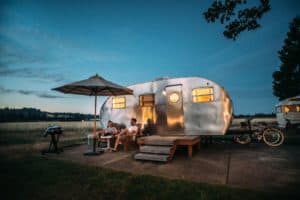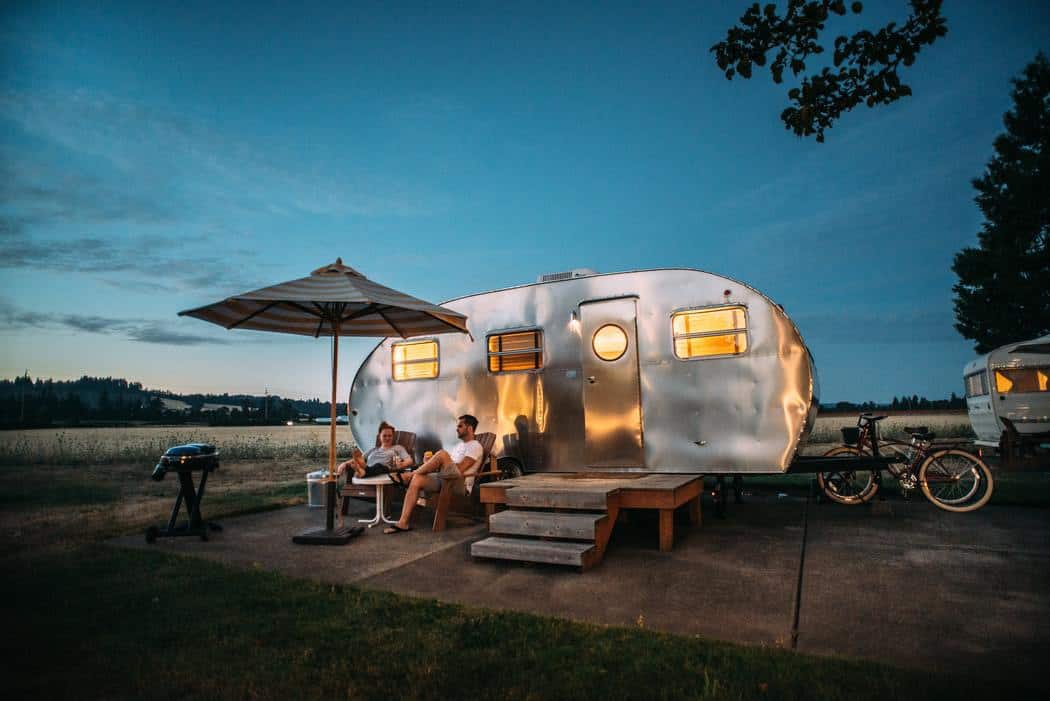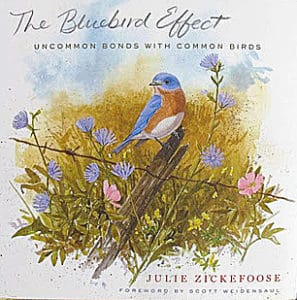 Camping has never held much appeal to me. Through twelve years of Scouting, I never slept in a regular tent; two experiences in a tentalow were more than enough for me. We stayed in cabins a few times but they didn’t have plumbing so we had to go to a separate building for the bathroom and shower. Meals were all on the campfire which even as a kid I found to be more work than reward when you factored in cleanup without running water. There was the night when my next-door neighbors and I slept in a tent in their backyard, but it only happened once and we ate breakfast inside after we got up. As an adult when I got together with college friends, we rented a house or stayed in a hotel.
Camping has never held much appeal to me. Through twelve years of Scouting, I never slept in a regular tent; two experiences in a tentalow were more than enough for me. We stayed in cabins a few times but they didn’t have plumbing so we had to go to a separate building for the bathroom and shower. Meals were all on the campfire which even as a kid I found to be more work than reward when you factored in cleanup without running water. There was the night when my next-door neighbors and I slept in a tent in their backyard, but it only happened once and we ate breakfast inside after we got up. As an adult when I got together with college friends, we rented a house or stayed in a hotel.
On vacation in 2007, I saw an Airstream parked on the street outside a design store as an advertisement. I was immediately reminded me of my childhood and eager to explore the interior. Our neighbors (the previous owners of the house where I did actually sleep in a tent) when I was very young had an Airstream. They were also like extra grandparents to me so I got to know their trailer well. Of course I didn’t enjoy camping in a tent; I had been introduced to luxury camping at a young age! Since the company opened in 1931 Airstream has been a luxury travel trailer and a leader in the field. Founder Wally Bynam loved the outdoors and camping, but his first wife didn’t. The Airstream was the result of his attempts to make camping more appealing to her.
Airstream owners are a close-knit community. In the 1950s, founder Wally Bynam began leading caravan trips for Airstream owners. In 1955 Airstream Club International was founded. The group is still in existence and they plan rallies and caravan trips for members. My family went to an Airstream rally with our neighbors. And although I doubt she would have wanted to travel in it, my maternal grandmother was also quite taken with the Airstream, so whenever she visited us our neighbors always had her over for tea in theirs. A few years after they retired, our neighbors sold their house and traveled in their Airstream for a while. When they came to visit they would park it in our driveway. I remember one time when we were all visiting their son and his family at the same time, we young kids got sent out to play with Grandpa and have breakfast in the Airstream so our parents could sleep late.
There are some interesting coffee table books about Airstreams: Airstream: America’s World Traveler, by Patrick R. Foster, Airstream: The History of the Land Yacht, by Bryan Burkhart and David Hunt, Airstream Living, by Bruce Littlefield and Simon Brown, and Tin Can Homestead: The Art of Airstream Living, by Natasha Lawyer and Brett Bashaw. Tin Can Homestead is by a couple who rehabilitated an Airstream to live in as a stationary trailer. Airstream Living provides descriptions of Airstreams owned by regular and famous people, including Aiden Quinn, and includes examples of re-use of the trailers including a hotdog stand in Connecticut, a broadcast studio, and location trailers.
In the 1960s Airstream was contracted to modify four trailers for use by NASA to quarantine astronauts after their return from the moon. The Astrovan used to transport astronauts to the launch pad during the space shuttle era was a modified Airstream motor home. I saw a quarantine trailer at the Smithsonian’s Uvdar-Hazy Center and the Astrovan at Cape Canaveral; sadly, you cannot go into either of them. There has also been some creative reuse of Airstream trailers in recent years. A few years after seeing the Airstream on vacation, I was at a party where one of the bars was an old Airstream; a quick internet search results in numerous locations where one can hire an Airstream bar for events. StoryCorps turned one into a mobile recording studio.
There has been a resurgence of interest in recreational vehicles, a term that includes travel trailers and motor homes, this year with the COVID-19 pandemic. Traveling with your own place to cook, eat, and sleep feels safer to many people. RVs offer most of benefits renting a house does; there is a kitchen so you can do some cooking for yourself rather than having to eat out for every meal. Stephanie and Jeremy Puglisi’s 2020 book, See You at the Campground: A Guide to Discovering Community Connection and a Happier Family in the Great Outdoors is an excellent resource for families considering a family RV trip. According to them, traveling with a camper is typically less expensive than flying, renting a car, and staying in a hotel. The authors provide details about types of recreational vehicles, things to consider when planning a trip, and selecting campgrounds. Like many aspects of the travel industry much of the planning and arranging can be done online now. There are sites similar to VRBO and Airbnb for renting recreational vehicles of all types.
I loved doll houses, so I think part of the Airstream’s appeal was the tiny house concept; the compact nature of a trailer necessitates efficient storage, so there were lots of cool seemingly secret compartments, and of course the shiny aluminum exterior is eye-catching. My best friend, who also happens to be the granddaughter of my Airstream-owning childhood neighbors, and I used to talk about having matching ones when we retired and traveling together. We were well below driving age so had no idea what driving while towing a trailer really meant. I certainly wouldn’t want to drive one in the Boston area or on narrow, mountainous roads. Maybe sometime we’ll rent one at our destination rather than setting off in it from here – if we do it will definitely be an Airstream. I’ll stop at the hotdog stand in Connecticut if I’m in area and if I ever go to Jackson, OH I’ll definitely stop at the Airstream Heritage Center and Museum.
Victoria Andrilenas is a Part time Reference Librarian at the Morrill Memorial Library in Norwood, MA. Look for her article in the January 28, 2021 issue of the Transcript and Bulletin.




